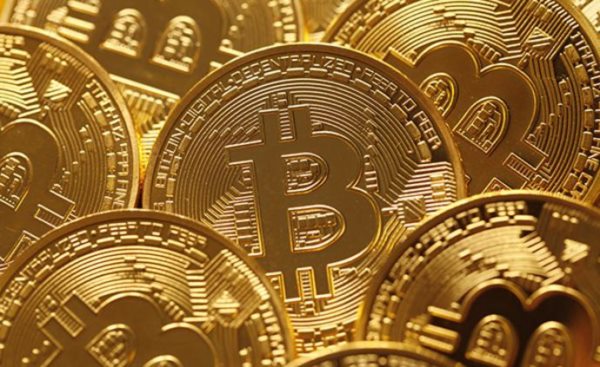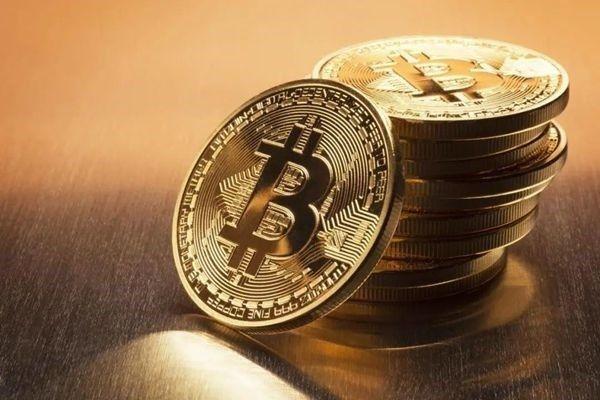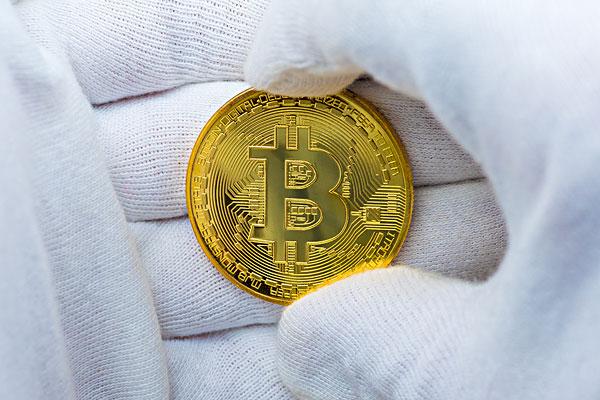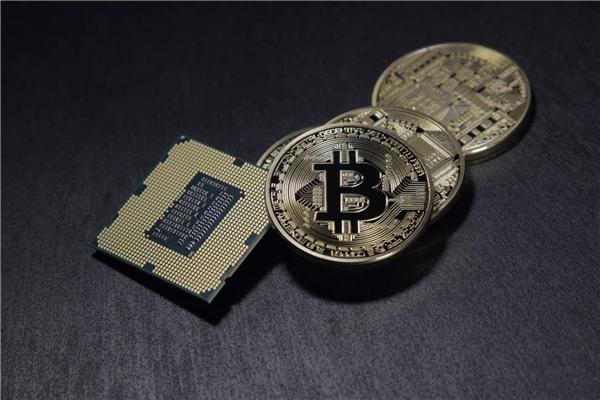时间:2024-02-06|浏览:312

用戶喜愛的交易所

已有账号登陆后会弹出下载
尽管无数西方媒体描述了中国的加密货币“禁令”,但加密货币贸易在中国大陆仍然非常活跃。
这怎么可能? 人们很容易将其变成一个关于去中心化货币逃避政府控制的力量的故事,这当然有一定道理。 但这只是故事的一部分。 加密货币并没有在中国消失,因为加密货币在那里没有被完全禁止。
这与西方媒体的印象非常不同,西方媒体通常提到中国的加密货币禁令或加密货币交易禁令。 这里有太多的例子无法列出——只需对这些术语进行基本搜索即可明白我的意思。 然而,当我询问几位中国业内人士是否认为加密货币在中国被禁止的说法是否准确时,答案绝大多数是否定的。 他们的普遍理解是,个人持有或交易加密货币并不违法,但他们的活动不会受到法律保护。
这种解释不仅限于非正式对话。 福建省一家法院的作者撰写的一篇文章指出,“行政法律和政策并未完全禁止虚拟货币交易。” 一家中国律师事务所就此话题发表了一篇详细的文章,称“目前,我国尚无禁止比特币交易活动的法律、行政法规”。
阅读字里行间
不难理解为什么许多人认为加密货币在中国被完全禁止。 中国当局对加密行业进行了明确的打击,有许多与加密相关的活动确实是不允许的。
但在中国, 不 说出来的事情往往具有特殊的重要性。 人们倾向于关注没有明确限制的内容。 然后他们在那些相对空白的空间中找到回旋的空间。
在中国,你不仅需要看规则的内容,还要看人们如何解释它们
因此,让我们花点时间来回顾一下一些更知名的加密货币打击行动以及他们实际上所说的内容。 2013年,中国限制金融和支付机构参与比特币。 2017 年,中国禁止首次代币发行(ICO),这一点众所周知。 中国还明确表示,不再欢迎虚拟货币交易所在中国公开运营。 在 2017 年打击行动之前,中国是比特币交易量的主导者。 这次打击行动并没有消灭大陆的加密货币贸易,但无疑将其推入了灰色地带。 BTCC 是中国运营时间最长的比特币交易所,于 2017 年关闭了其在中国大陆的交易业务。
An even more extensive crackdown came in 2021. This document, signed by 10 Chinese official bodies, has a wide range of restrictions. It says that virtual currency does not have the same legal status as fiat currency. In other words, Bitcoin is not legal tender. It says that virtual currency-related business activities are considered to be illegal financial activities. Exchange businesses should not act as central counterparties to buy and sell virtual currencies, and it is illegal for overseas virtual currency exchanges to provide services to Chinese residents through the Internet. There is other restrictive language as well.
In 2021 China also cracked down hard on domestic crypto mining. But, even amid all these restrictions, there are notable gaps. The 2021 regulations, for example, do not appear to restrict people from holding cryptocurrency. Nor do they appear to restrict peer-to-peer trading between individuals.
Another important passage in the 2021 document perhaps sheds more light on China’s official attitude toward crypto. The passage describes the legal risks involved in participating in virtual currency investment and trading activities. It notes that if someone invests in virtual currencies and violates public order and good morals, the relevant civil legal actions are invalid, and the resulting losses are borne by individuals.
In other words, if you lose your life savings on some meme coin, don’t go crying to the government about it. Individual crypto activities are not necessarily protected by law, but that’s not the same thing as being banned.
Social stability
The above passages may look like splitting hairs. One might argue that Chinese regulations make it so difficult to trade crypto that it amounts to an effective ban. But in order to understand the real situation, you have to look not just at the rules themselves, but at how the rules are – or not – being enforced.
It’s no secret that China’s crypto crackdown did not stop crypto trade. Chinese traders got a net $86 billion from crypto activity between July 2022 and June 2023, according to Chainalysis. In some cases, people continued to use accounts that they had opened on overseas exchanges. Sometimes they needed a virtual private network, sometimes they did not. Peer-to-peer trading via social media apps like WeChat or Telegram has also been possible. There are stories of people setting up companies abroad through intermediaries, and then using that overseas company to complete institutional know-your-customer (KYC) identification on crypto exchanges.
众所周知,政府很难遏制像比特币这样的去中心化货币。 但西方媒体普遍的说法——人们在中国当局的背后秘密交易加密货币——并不完全正确。 换句话说:如果币安在中国进行了 900 亿美元的贸易,中国当局可能对此有所了解。 事实上,《华尔街日报》的同一篇文章指出,当地执法部门与币安密切合作,以查明该交易所超过 90 万活跃用户中的犯罪活动。 在检查了在线加密货币交易所并采访了散户投资者后,路透社发现“在大陆获得比特币并不那么困难”。
如此多的加密货币交易在“禁令”中幸存下来的事实表明,中国从未打算将加密货币从地图上抹去。 相反,主要目标是提高进入门槛。 从这个意义上说,新规则是非常有效的。 使交易变得更加不方便有助于防止加密货币接触到大量缺乏经验的投资者。 北京最不希望看到的就是这些投资者走上街头抗议他们的损失。 这一切都归结为中国政策的关键原则之一:维护社会稳定。
中国有理由对加密货币保持警惕。 例如,它不希望人们利用它来逃避资本管制。 与此同时,中国很早就拥抱了区块链技术的潜力,北京甚至发布了Web3白皮书。 该国对其央行数字货币制定了雄心勃勃的计划。 当局可能希望对加密货币本身保持稍微开放的大门,以防万一。
这一理论将有助于解释香港正在发生的事情。 该城市已采取非常公开的措施,将自己打造成亚洲乃至世界的数字资产中心。 香港和中国作为“一个国家,两种制度”运作,香港对加密货币相对欢迎的立场至少得到了北京方面的一定程度的认可。 让加密货币在香港(如果不是大陆)蓬勃发展,是中国在降低风险的同时留在游戏中的一种方式。
在中国,你不仅需要关注规则的内容,还需要关注人们如何解释它们。 将中国的政策称为全面加密货币禁令过于简单化了世界上最重要市场之一的情况。


![[加密混乱]支持加密货币游说团体称 18 名美国参议员支持加密货币](/img/btc/52.jpeg)






